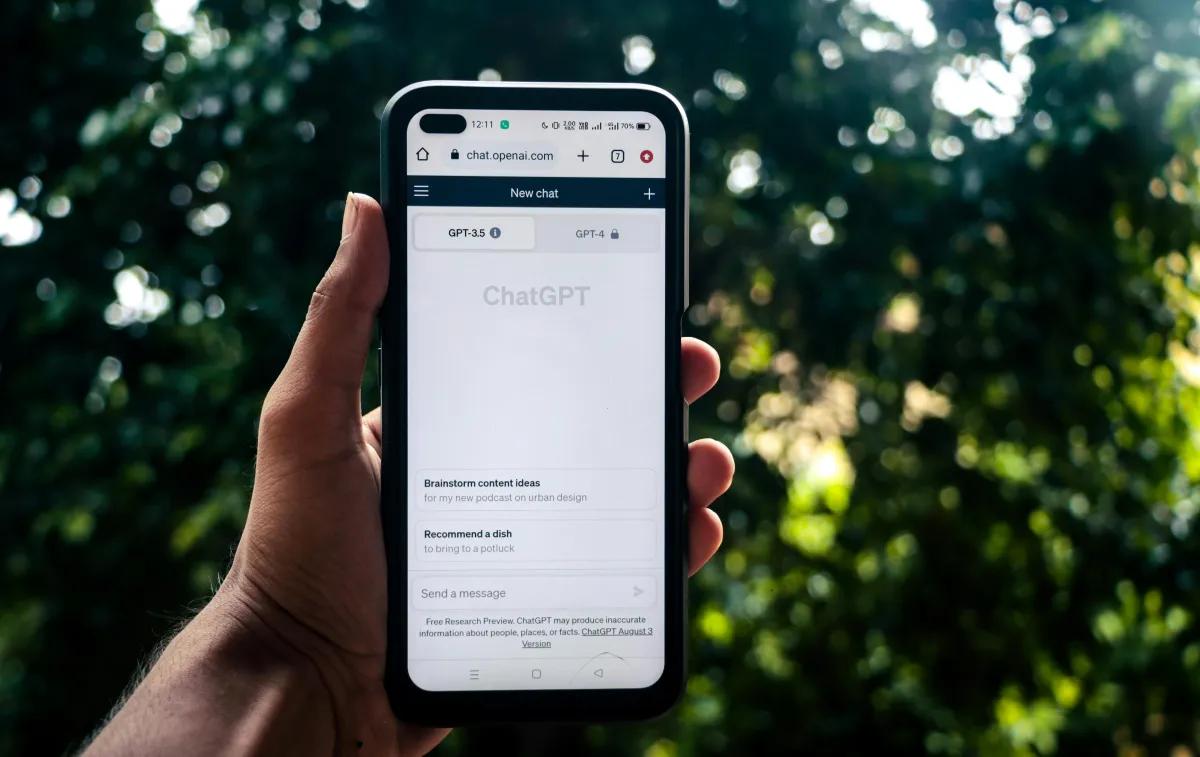Generative AI in Malaysia: Boon or Bane?
Generative AI (GenAI) is rapidly transforming industries worldwide as businesses have started to recognise its potential to boost innovation, growth and profits across various sectors. Malaysia is also embracing the transformative potential of GenAI by incorporating it as a significant aspect of the nation’s development strategies in its drive towards exploring new avenues for economic expansion. Simulated 2018 data from global management consulting firm McKinsey & Company showed that Malaysia’s baseline grew about 4.4%, with GenAI adding another 1.2% points, which could result in an additional 30% growth in Malaysia’s gross domestic product (GDP) based on its 2018 baseline growth.
Among the industries that have incorporated GenAI include education, banking and financial services, healthcare and medicine, and even the judicial system. In the education sector, GenAi is being used in teaching and learning, while in banking and finance, automation has become the name of the game. For instance, in 2020, United Overseas Bank (Malaysia) Bhd. launched Mighty Insights, a digital banking service which uses advanced data analytics, machine learning and pattern recognition algorithms to create personalised financial advice for its customers based on age, financial needs and lifestyle priorities. GenAI has also been utilised in critical areas like fraud detection, risk management, and investment decisions.
Meanwhile, in healthcare and medicine, GenAI applications are used in diagnostics, medical imaging, drug discovery, and administrative processes. GenAI’s predictive modelling enables the forecasting of dengue outbreaks based on weather variables and vector indices. A GenAI-assisted stethoscope, Stethee Pro, was created to aid healthcare professionals in the examination of heart and lung sounds as well as the screening of lungs in public hospitals.
In the Malaysian judicial system, a GenAI pilot project, Artificial Intelligence in Court Sentencing (AiCOS), was initiated in Sabah and Sarawak to assist judges in achieving greater consistency in court sentencing and efficiently clear their case backlogs, which can prevent stressful and lengthy legal proceedings. The GenAI algorithm analyses cases between 2014 and 2019 for drug possession and rape in both states and creates a model from past case patterns that will recommend sentencing for judged in current cases that they can either adopt, modify or reject. However, there is concern about the use of GenAI in judicial decision-making like the amplification of bias against minorities and marginalised groups which could lead to unfair sentencing, as well as the consideration of mitigating factors and circumstances.
The government has been proactive in developing policies and frameworks to harness AI's benefits while addressing its risks. The National Artificial Intelligence Roadmap (AI-RMAP) 2021-2025 serves as a cornerstone of Malaysia's AI strategy, outlining the nation's vision to become a regional AI hub. This roadmap contains six strategies that it plans to achieve by 2025: Establishing AI governance, advancing AI research and development, escalating digital infrastructure to enable AI, fostering AI talents, acculturating AI, and kickstarting a national AI innovation ecosystem, all of which are guided by responsible AI principles. This is why the Ministry of Science, Technology, and Innovation is considering the introduction of regulations for AI applications in the country, including the labelling of such produced material to ensure transparency and enable informed consumption.
Another issue is the potential technological displacement of jobs in Malaysia due to the use of GenAI. A 2017 study by Khazanah Research Institute predicts that over the next 20 years, 54% of jobs across all major economic sectors in Malaysia may be affected, of which 70% would be semi-skilled and 80% low-skilled jobs, especially women in clerical positions and men in labour-intensive areas like agriculture, mining, and construction. On the other hand, new job opportunities and enhancement of existing positions have emerged such as data scientists, analysts and engineers.
The Malaysian government is revamping its technical vocational education and training (TVET) as well as introducing reskilling programmes as a pre-emptive mitigation strategy, but future proofing of Malaysia’s workforce should go beyond digital retraining or reskilling and include social, emotional, linguistic, and cognitive skills. In conclusion, as Malaysia navigates the complex terrain of GenAI in its search for economic transformation, challenges remain, particularly in the areas of public awareness, ethical governance, and balancing innovation with societal well-being.
Associate Professor Dr Pauline Leong Pooi Yin
School of Arts
Email: @email




